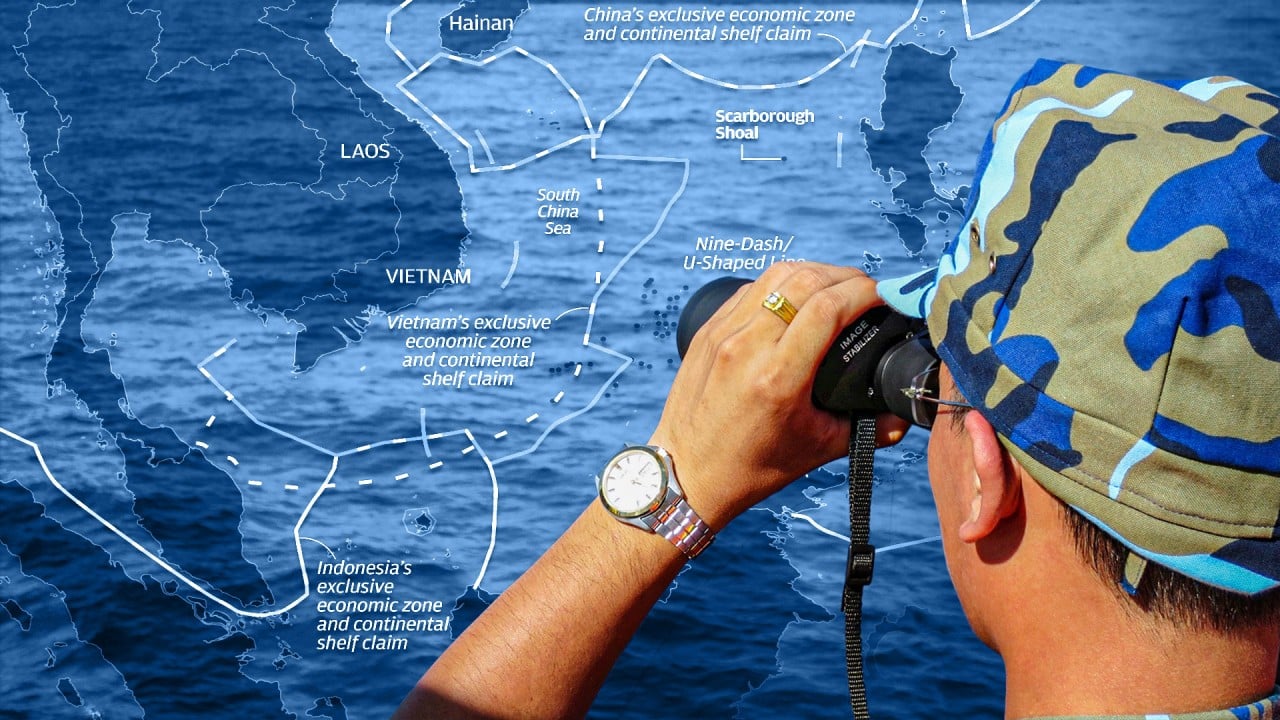Philippines, US conduct joint drills as Marcos says South China Sea row ‘more dire than before’
[ad_1]
The Philippine leader’s announcement comes amid a rapid strengthening of ties this year between the two defence treaty allies, including a decision to almost double the number of Philippine bases accessible to the US military, including some facing Taiwan.
“This significant initiative is a testament to our commitment to bolster the interoperability of our military forces in conducting maritime and air patrols,” Marcos said on social media platform X.
Did the Philippines ever agree to move its grounded South China Sea warship?
Did the Philippines ever agree to move its grounded South China Sea warship?
The announcement comes a day after Marcos told a forum in Hawaii the situation in the South China Sea had become more “dire than it was before”, with the Chinese military inching closer to Philippine coastline.
Marcos this year rekindled ties with Washington after its testy relationship with a predecessor who had pivoted closer to China, despite Beijing developing military installations on man-made islands within the Philippines’ exclusive economic zone (EEZ).
The joint maritime and air patrols would start in the area off the Batanes islands and head west to the South China Sea, according to a Philippine military statement.
It said the Philippines would deploy three navy vessels, two FA-50 light combat aircraft and a A-29B Super Tucano light attack plane, while and the United States would mobilise a littoral combat ship and a P9-A maritime patrol and reconnaissance aircraft.
‘Always harassed’: the Filipino fishermen ensnared by South China Sea geopolitics
‘Always harassed’: the Filipino fishermen ensnared by South China Sea geopolitics
Jay Batongbacal, director of the Manila-based Institute for Maritime Affairs and Law of the Sea, said the joint patrol with the United States showed the Manila was making a stand over the South China Sea.
“It shows that the Philippines is really firming up its posture on West Philippine Sea issues,” he said, referring to the Philippine EEZ.
“I guess it shows the determination of the current administration of pursuing its more robust policy with respect to the West Philippine Sea.”
[ad_2]
Source link






